Hot election topics for CBS students
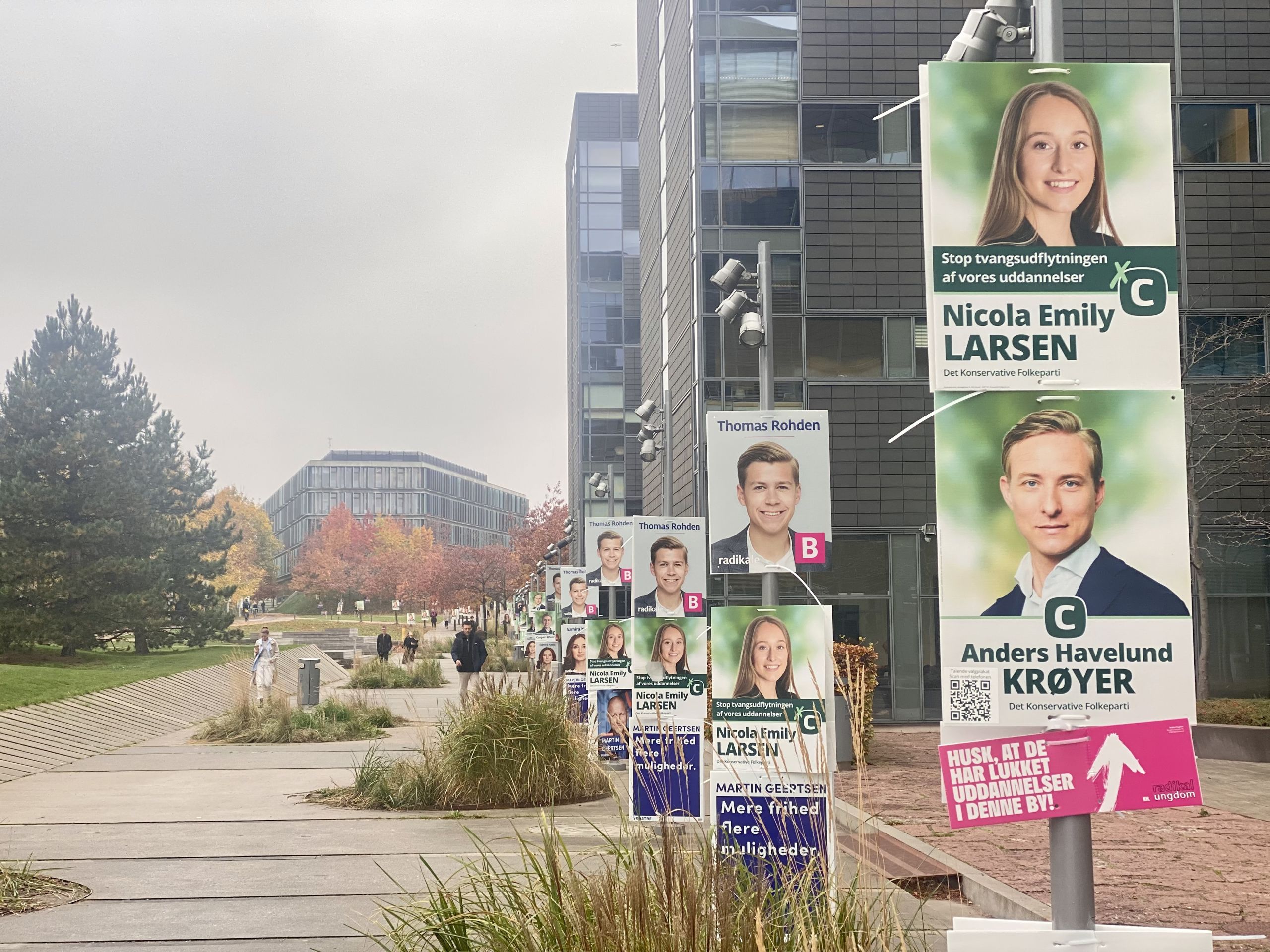
Posters of candidates are currently found all over Denmark - also at CBS. Photo: Emilie Schäfferling
With major international crises and several political parties proposing to reduce the length of master’s programmes and turn grants into loans, there is plenty to consider when voting in the Danish parliamentary election. But which topics do CBS students give top priority?
The Danish parliamentary election will be held on Tuesday 1 November 2022.
With a total of 14 parties, an unusually high number, major international crises looming, the length of the master’s programmes under review and some politicians pushing for state education grants to be loan-based instead, there are plenty of reasons to cast your vote with care.
What topics are on CBS students’ minds facing the ballot? CBS Wire asked three students at Solbjerg Plads.
For Kirsa Dreijer, a first-semester student on the MSc in Business Administration and Psychology programme, climate and mental health are the most significant topics. Besides this, it’s important to her that the party she chooses has realistic goals.
She is tired of politicians’ empty promises. As for the suggestions to change the master’s programmes, she says that they will not influence who she votes for but says changes to the state education grant will.
“I will definitely look closer into the suggestions concerning the state education grant, as that will affect my everyday finances if it changes,” she says.
She has not yet decided who will be her candidate.
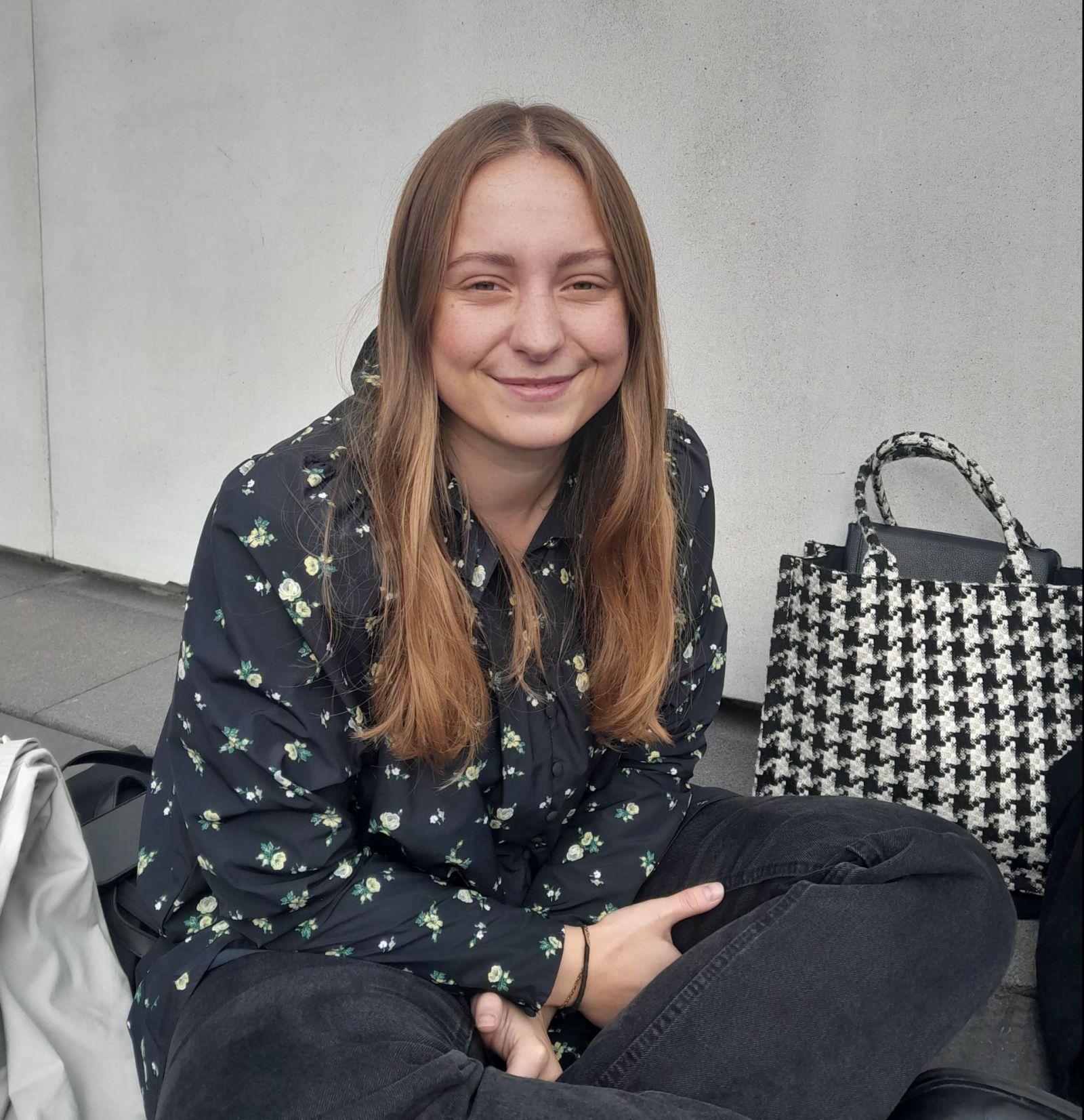
Trine Thorsen, also a first-semester student on the MSc in Business Administration and Psychology programme, does not support the proposed changes to the state education grant and one-year master’s programmes, but agrees that these topics will not determine who gets her vote. Instead, it is important for her that political decisions are based on evidence.
“Many of the politicians are great rhetoricians and are evoking people’s emotions, but I prioritise them knowing their facts and that those facts are based on scientific studies,” she says.
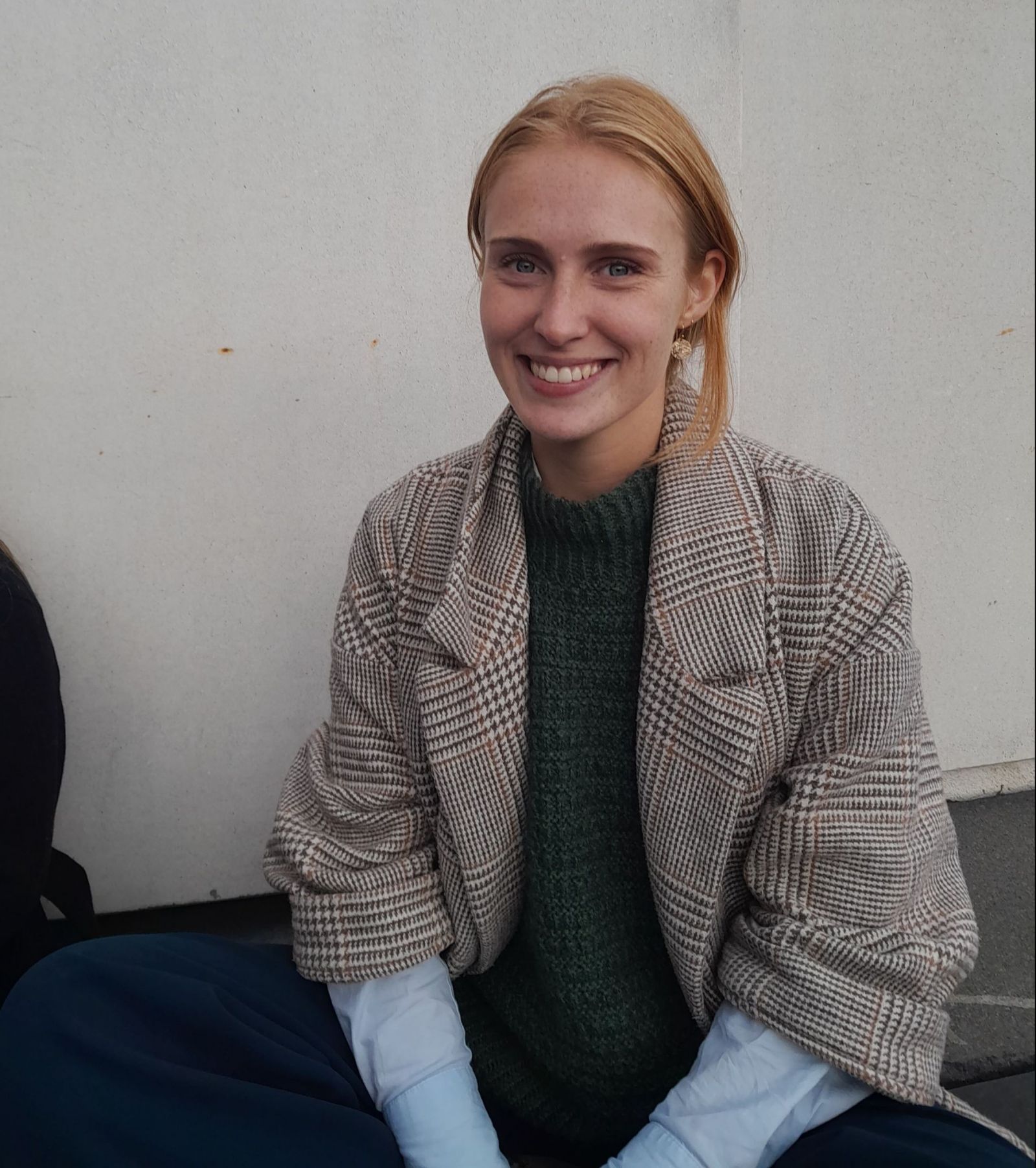
Trine Thorsen believes that false statements abound in political discussions. She will especially be looking at the different parties’ international agendas.
“I feel it is difficult to view the general election in a solely Danish context,” she says.
She has not yet decided which party to vote for but will choose either Venstre (the Liberal Party of Denmark) or Liberal Alliance.
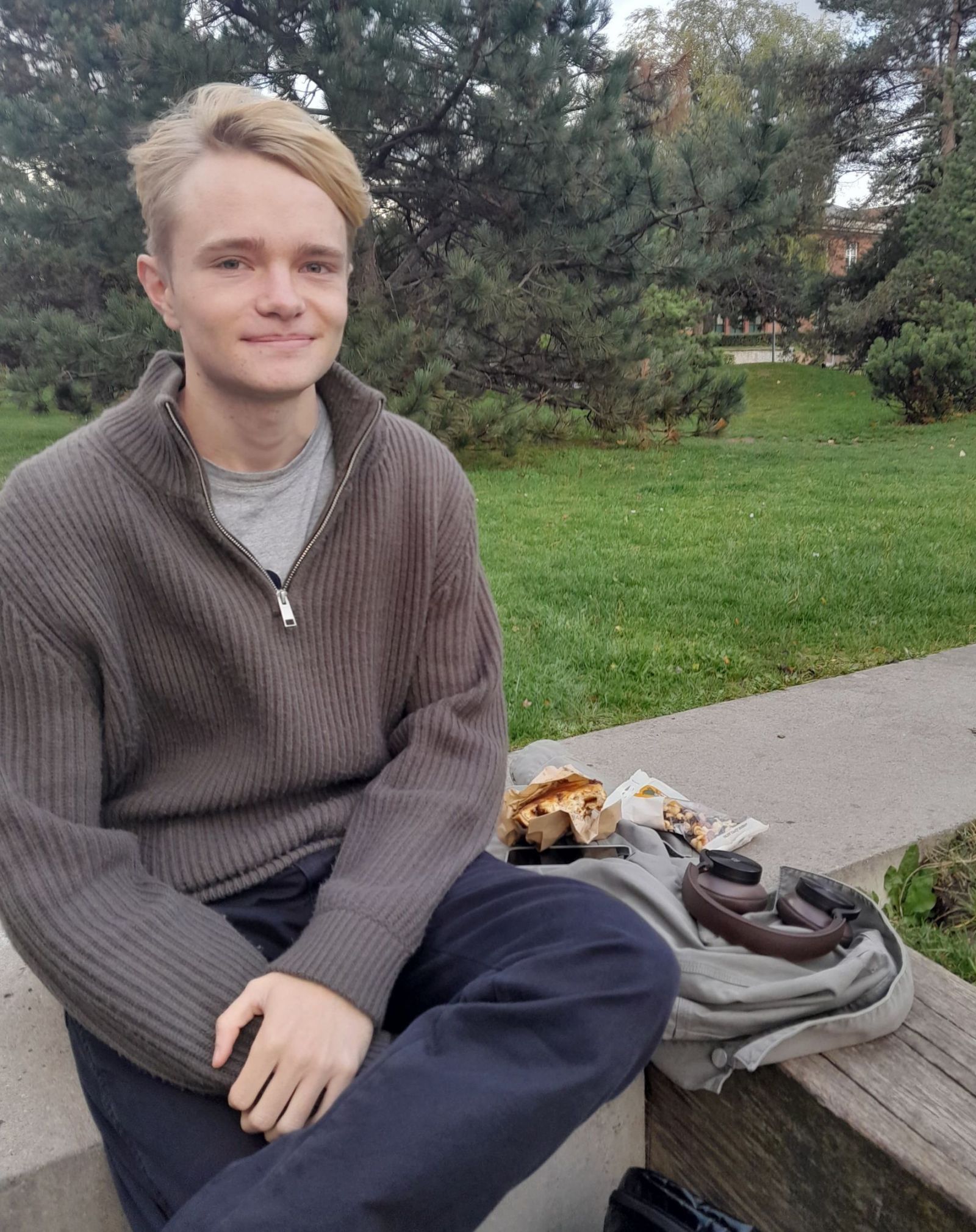
For Benjamin Pedersen, a first-semester student taking a BSc in International Business, the most significant topics for him when ticking a box on the ballot are climate and social and financial inequality.
“I will be voting for a party that takes climate change seriously. We need to do more now. The Danish Council on Climate Change has stated that the current climate action is a failure,” he says.
As for the proposed changes to the state education grant, he will be looking at this since it increases financial inequality.
“Social mobility becomes difficult if students do not receive state education grants while on their master’s programme,” he says.
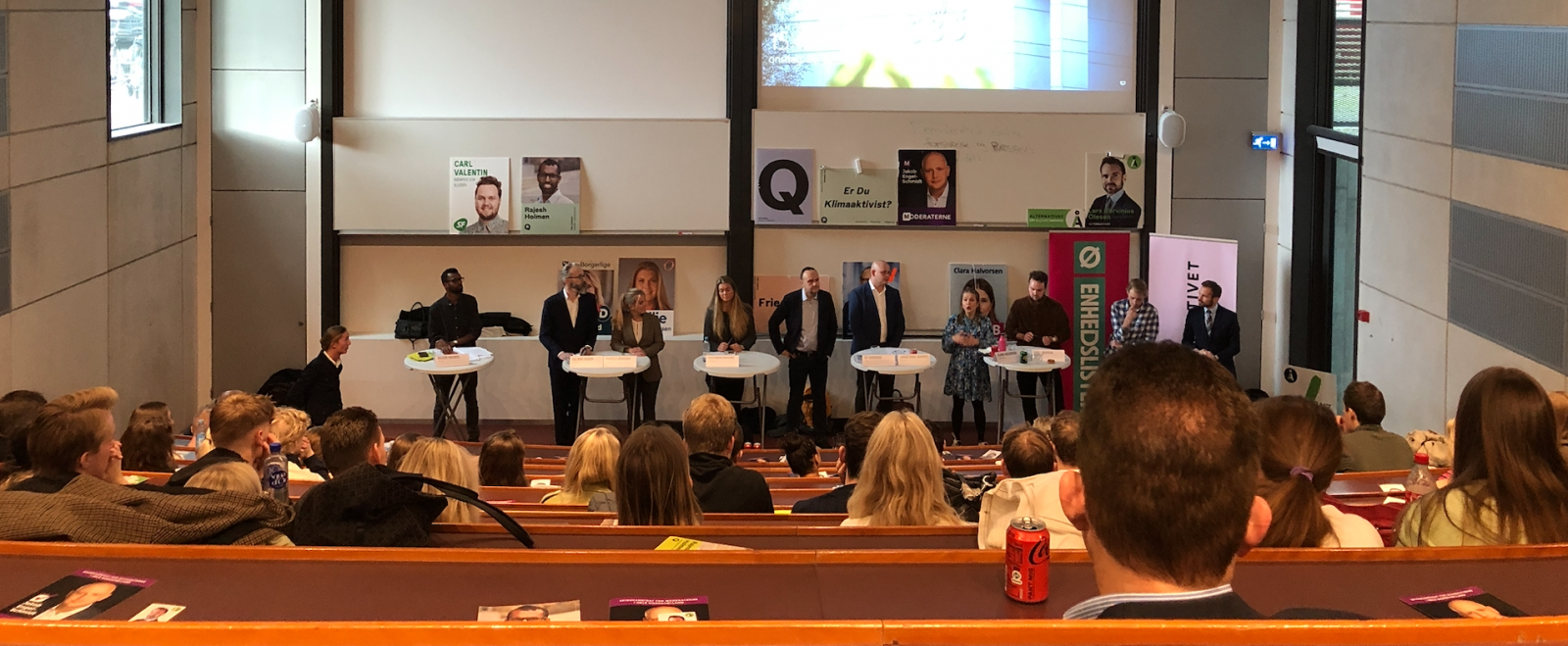
He is more ambivalent about the one-year master’s programmes. On the one hand, he does not want the shorter programmes to stress the students if they have to complete the same curriculum in one year instead of two.
On the other hand, he has friends who have studied in England, where one-year master’s programmes are normal.
He is not completely certain who he will vote for, but most likely Enhedslisten (the Unity List).



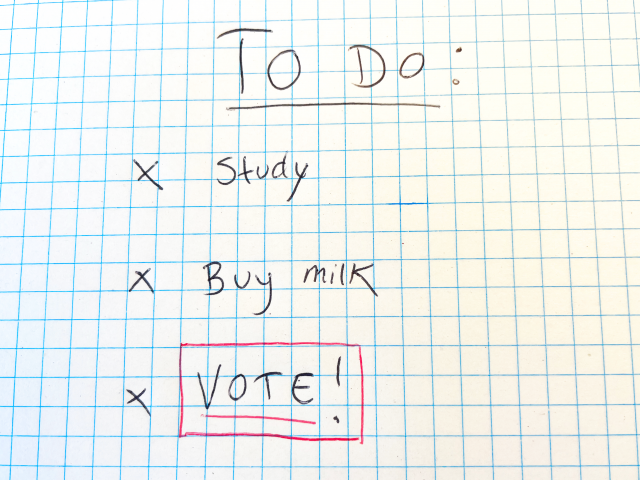
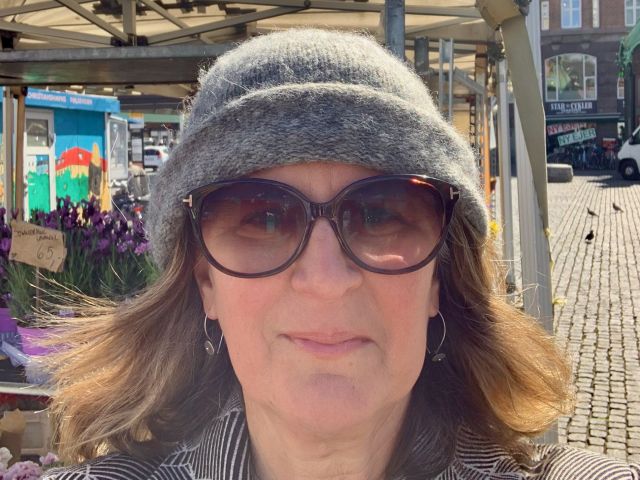

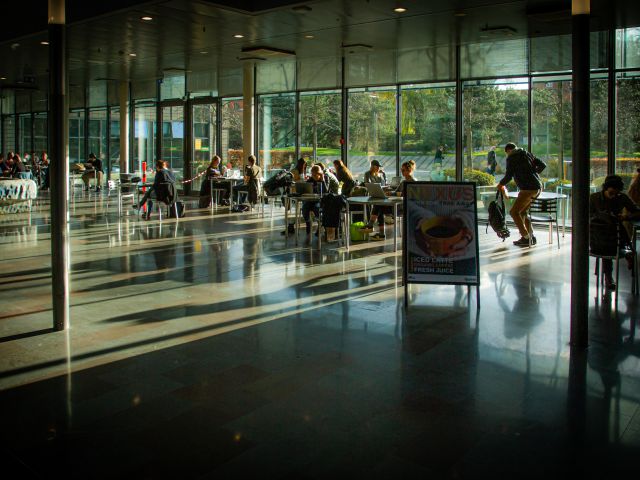
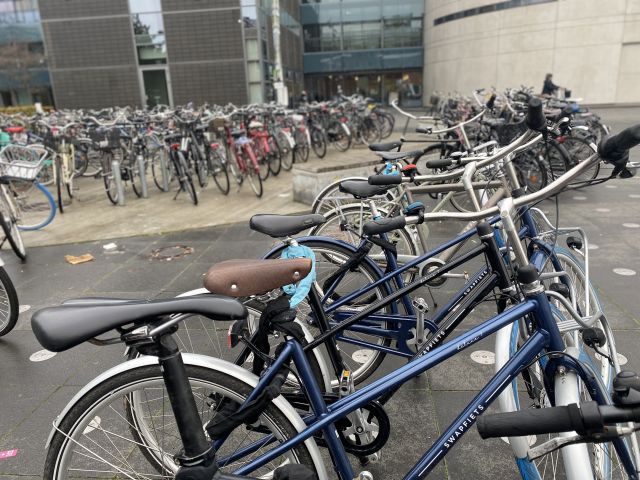
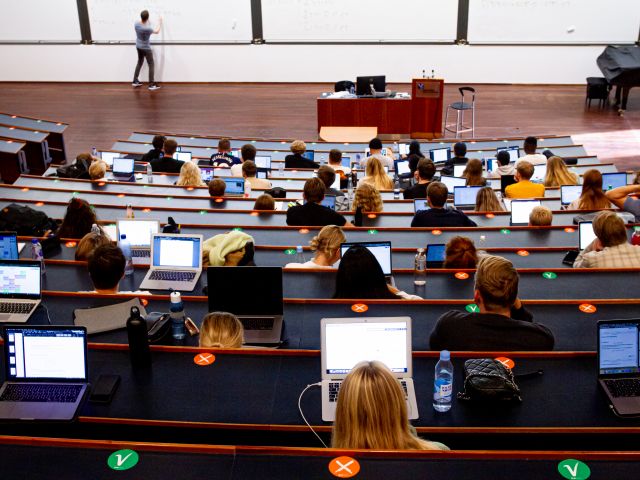




























































































































Comments